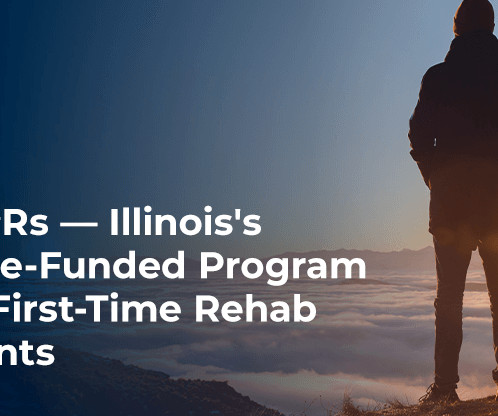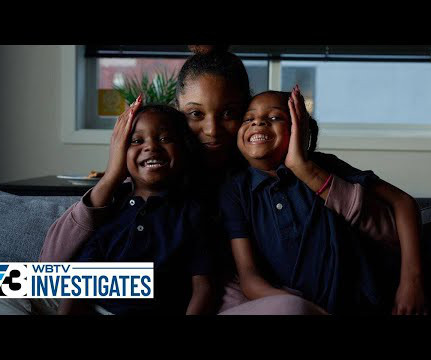SUPRs — Illinois’s State-Funded Program for First-Time Rehab Clients
Gateway Foundation
JANUARY 22, 2024
The Substance Use Prevention and Recovery (SUPR) division of the Illinois Department of Human Services (IDHS) provides funds for qualified treatment and recovery support centers. This division benefits Illinois communities because it strives to help people recover without stigma and discrimination.














Let's personalize your content